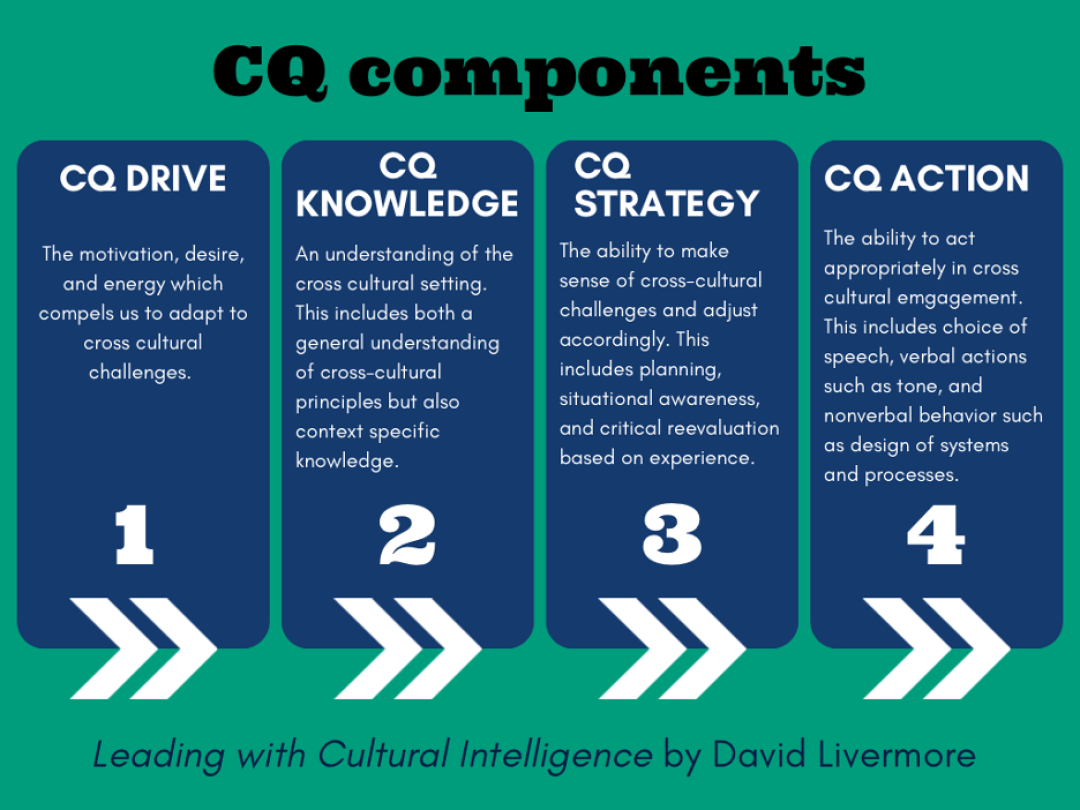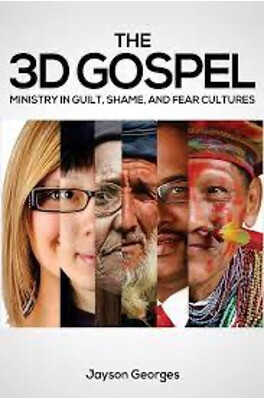
We just wrapped up another season of Epiphany and headed into a new season of prayerful meditation and preparation for this coming Easter. For Morning Prayer throughout Epiphany, we were regularly confronted with these words from Malachi 1:11:
From the rising of the sun to its setting my name will be great among the nations, and in every place incense will be offered to my name, and a pure offering. For my name will be great among the nations, says the Lord of hosts.
As we seek to be a diocese which fulfills this prophecy today, a diocese which welcomes in and reflects the growing diversity of people in our midst, here is a helpful resource which can equip us in this work:
Understanding Cultural Intelligence
In his work Leading with Cultural Intelligence David Livermore defines cultural intelligence as “the capability to function effectively across national, ethnic, and organizational cultures.” For him the goal of cultural intelligence is to “engage in our rapidly shrinking world with an underlying sense of mutual respect and dignity for people everywhere”.
While conversations in IQ and EQ are already common place, Livermore argues that the paradigm of cultural intelligence (CQ) will help us to adapt and achieve our organizational goals in a rapidly changing environment.
CQ involves four capabilities which can be learned and developed although he acknowledges that four some this comes more easily than others.
The four capabilities are:

Livermore emphasizes in his work two important things about cultural intelligence that are key for us to remember in our ministries: first, while some people develop cultural intelligence more naturally than others, all with proper awareness can work to increase their cultural intelligence. And second, CQ is not a static ability. As one continues to engage in cross cultural work and respond to various challenges, by considering these various components they can adapt accordingly and improve upon their CQ abilities.
The Apostle Paul encourages us to be Jew to the Jew and Greek to the Greek. Let us be a diocese where our ministry leaders adapt to the world around us with depth of intelligence, emotional intelligence, and even cultural intelligence, whether we are in rural North Carolina or urban Boston.
Book Highlight:
Are you interested in exploring how to live out the vision of ETNI more concretely on a local level, but looking for some resources? As we gather helpful resources for our churches, here is a particularly helpful book to highlight this month:
The 3D Gospel: Ministry in Guilt, Shame, and Fear Cultures by Jayson Georges

How to get connected with ETNI?
- Keep an eye out for this newsletter going forward. We are going to send this newsletter out more consistently to keep you in the loop as well as equip the diocese with resources for living out our vision.
- Reach out to to setup a call to see if you have any particular questions or concerns as ETNI pertains to your local setting.
- If you are interested in more regular coaching on ETNI in your church, reach out as well and I would be happy to explore this with you.
- We are looking into other options to cultivate ETNI within our ministries, including regular cohorts, and potential conferences. We will be in touch on further opportunities.

